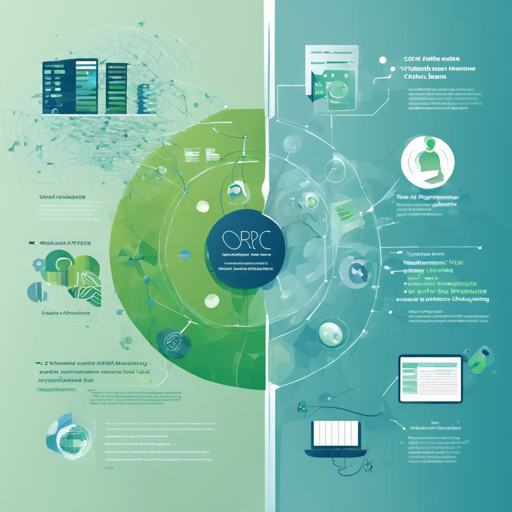Welcome to the ultimate guide on leveraging Apache ORC, a brilliant self-describing, type-aware columnar file format, designed explicitly for Hadoop workloads! Whether you are looking to optimize your data workflows or simply enhance your data processing strategy, this blog will guide you step-by-step on how to utilize ORC effectively.
What is Apache ORC?
Think of Apache ORC as a specialized suitcase for your data. Instead of just tossing everything into a large, unorganized bag (like traditional row-based storage), ORC allows you to pack your data into distinct compartments (columns). This makes it easier and faster to find exactly what you need without rummaging through unnecessary items.
Key Features of ORC
- Columns Only Storage: Reads, decompresses, and processes only the required values.
- Type Awareness: Smart encoding based on data type enhances performance.
- Predicate Pushdown: Efficiently determines which data needs to be read based on queries.
- Full Type Support: Compatible with complex types such as structs, lists, maps, and unions.
Using the ORC Libraries
The Apache ORC project comes with both Java and C++ libraries for reading and writing ORC files. They work independently and support all versions of ORC files, allowing for flexibility in your software environment.
Available Resources:
- Apache ORC releases
- Maven Central
- Apache ORC downloads
- Apache ORC release tags
- Future release plan
- Main build status
- Apache Jira
Building Apache ORC
Building your own version of Apache ORC is straightforward if you follow these structured steps. Let’s break it down:
Prerequisites:
- Java 17 or higher
- Maven 3.9.9 or higher
- CMake 3.12 or higher
Building Steps:
% mkdir build
% cd build
% cmake ..
% make package
% make test-outTo Build a Debug Version:
% mkdir build
% cd build
% cmake .. -DCMAKE_BUILD_TYPE=DEBUG
% make package
% make test-outBuilding Only Specific Libraries:
For Java:
% cd java
% .mvnw packageFor C++:
% mkdir build
% cd build
% cmake .. -DBUILD_JAVA=OFF
% make package
% make test-outTroubleshooting Common Issues
While working with Apache ORC, you might encounter some hiccups. Here’s a friendly guide on how to resolve common problems:
- Build Issues: Make sure you have installed the correct versions of Java, Maven, and CMake. If problems persist, double-check the configuration settings.
- Package Not Found: Ensure that you are within the required directory and that your environment variables are correctly set for paths.
- Compatibility Warnings: Use the latest version of libraries to avoid compatibility issues. It’s like trying to run a new program on an outdated operating system.
For more insights, updates, or to collaborate on AI development projects, stay connected with fxis.ai.
Conclusion
At fxis.ai, we believe that such advancements are crucial for the future of AI, as they enable more comprehensive and effective solutions. Our team is continually exploring new methodologies to push the envelope in artificial intelligence, ensuring that our clients benefit from the latest technological innovations.
Now that you have this knowledge, you’re ready to dive into the world of Apache ORC. Happy coding!

